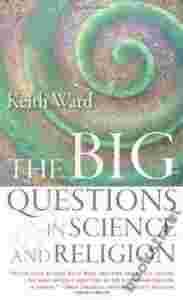|
Can religious beliefs survive in the scientific age? Are they resoundingly outdated? Or is there something in them of great importance, even if the way they are expressed will have to change in the new scientific context? These questions are among those at the core of the science-religion dialogue. In The Big Questions in Science and Religion, Keith Ward, an Anglican minister who was once an atheist, offers compelling insights into the often contentious relationship between diverse religious views and new scientific knowledge. He identifies ten basic questions about the nature of the universe and human life. Among these are: Does the universe have a goal or purpose? Do the laws of nature exclude miracles? Can science provide a wholly naturalistic explanation for moral and religious beliefs? Has science made belief in God obsolete? Are there any good science-based arguments for God? With his expertise in the study of world religions, Ward considers concepts from Buddhism, Confucianism, Taoism, Islam, Hinduism, Judaism and Christianity, while featuring the speculations of cosmologists, physicians, mathematicians, and philosophers. In addition, Ward examines the implications of ancient laws and modern theories and evaluates the role of religious experience as evidence of a nonphysical reality. Writing with enthusiasm, passion and clarity, Keith Ward conveys the depth, difficulty, intellectual excitement and importance of the greatest intellectual and existential questions of the modern scientific age. The diversity of views provides the general reader as well as opinion leaders with unbiased information in the science-religion field.
|

